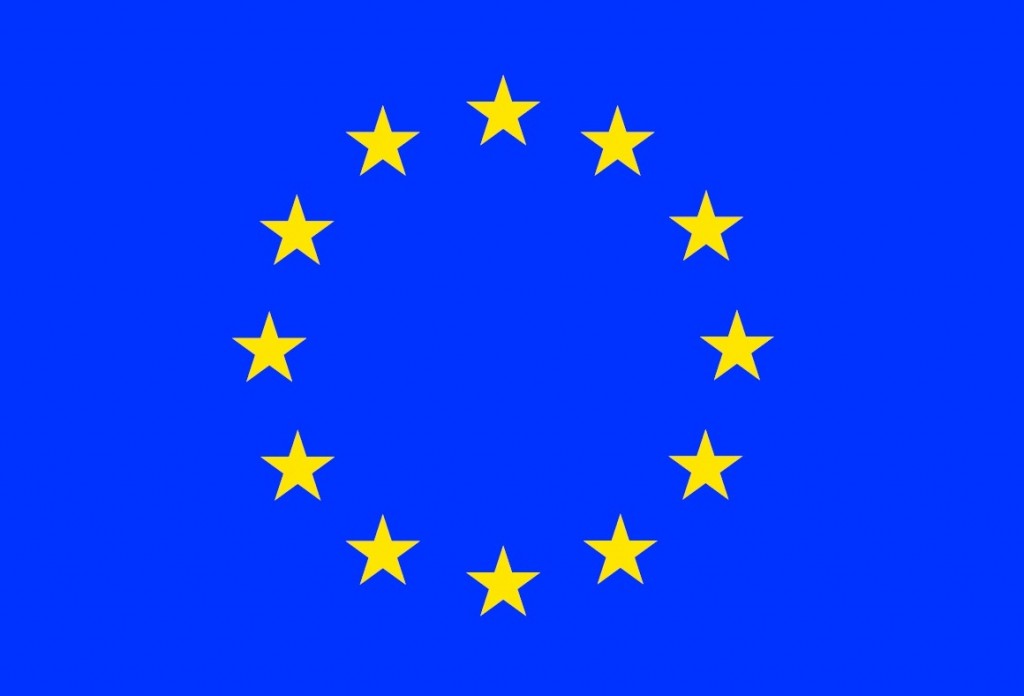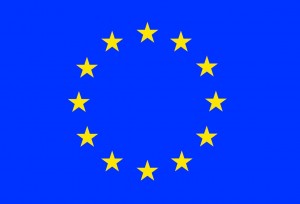The European Union in a changing world
The European Union’s influence in world affairs is on the increase. The process of integration, the launch of the euro and the progressive development of a common foreign and security policy are all providing the EU with political and diplomatic status to match its undoubted economic and commercial clout.
The Union has a number of strategic foreign policy objectives. The first is to establish a stable Europe with a stronger voice in the world. The recent wars in Bosnia and Kosovo and the bloody fighting in Chechnya underline how important it is to secure peace, democracy and respect for human rights throughout Europe. Enlargement can help achieve that by creating an internal market of over 500 million consumers and ending the long divide in Europe.
As the world’s biggest trading partner, the EU is also determined to secure its international competitiveness while at the same time promoting global commerce through further liberalisation of world trade rules – a process that it believes will be of particular benefit to developing countries.
Until recently, there were three main components to the Union’s external activities: trade policy, development aid and the political dimension. These provided it with considerable instruments for a credible foreign policy in diplomatic, economic and commercial arenas. It now wants to reinforce these capabilities, if and when necessary, with the ability to use force where its vital interests are at stake and to be able to respond more effectively to crises. This does not mean fighting wars or creating a European army. It means greater cooperation between EU members in carrying out humanitarian and peacekeeping tasks. At the same time, the Union is becoming more involved in security issues, taking on greater responsibility for ensuring peace and stability in parts of the world close to its own spheres of influence.
Foreign policy is not just
Foreign policy is not just a question of trade, security and diplomacy. There are a host of other issues, many of which affect the daily lives of Europe’s citizens, that help to condition the Union’s approach to the wider world. These range from the need to fight the spread of AIDS and famine and to govern migration flows to the campaigns against drugs and terrorism. They all require closer transnational cooperation since the problems of today’s world can only really be solved by working together.
Economic and political changes in the world require the European Union to adapt continuously its external policies and priorities. It has done so by broadening and deepening its contacts with partners, incorporating economic, trade and political dimensions into those relationships. It can now count on a diversity of interregional partnerships and cooperation agreements with countries on all five continents.
The European Commission which took office in 1999 under the Presidency of Romano Prodi is carrying out a vast overhaul and reassessment of its various activities to ensure better value for money – a process which will inevitably involve tough decisions on which policies should have priority over others.


